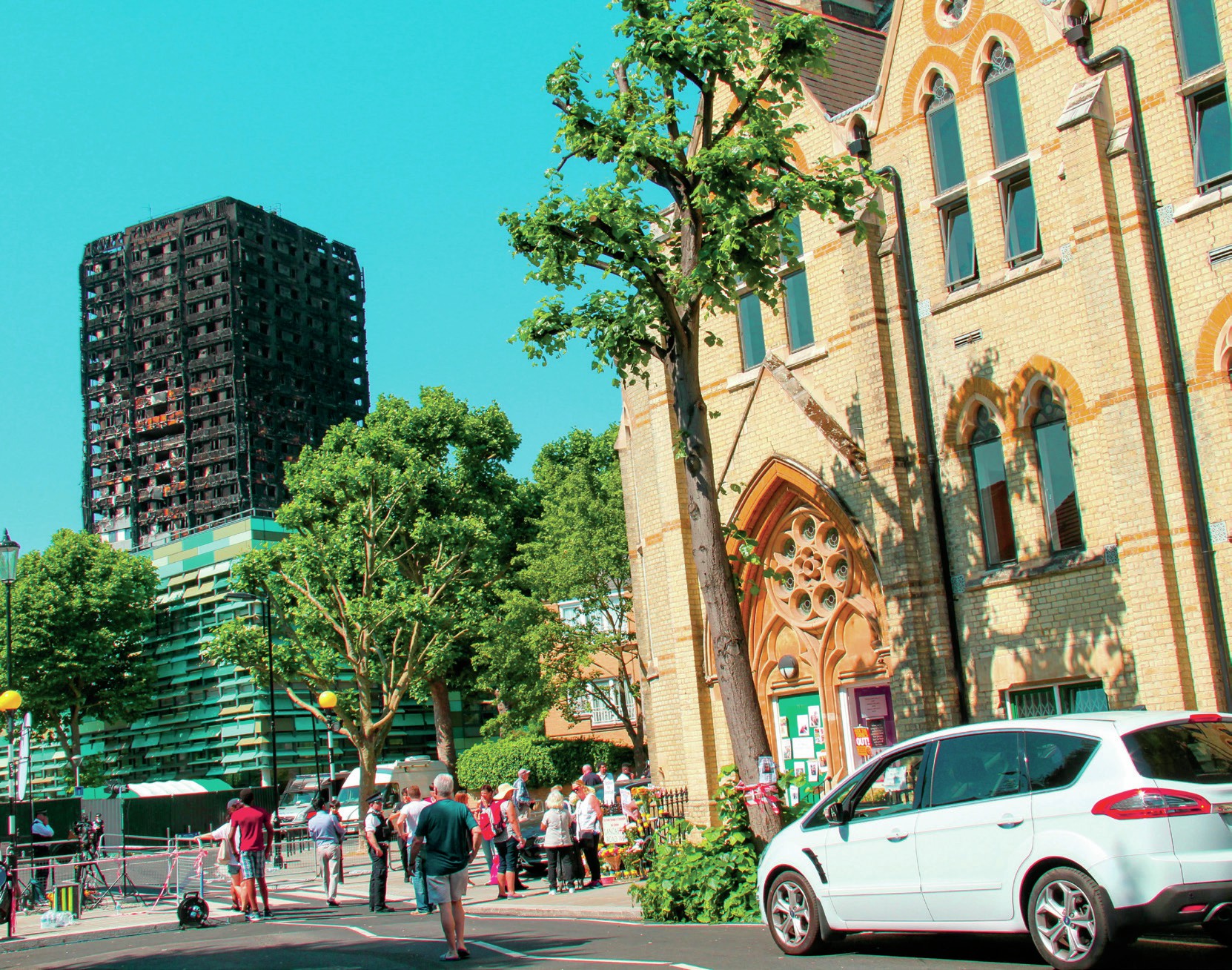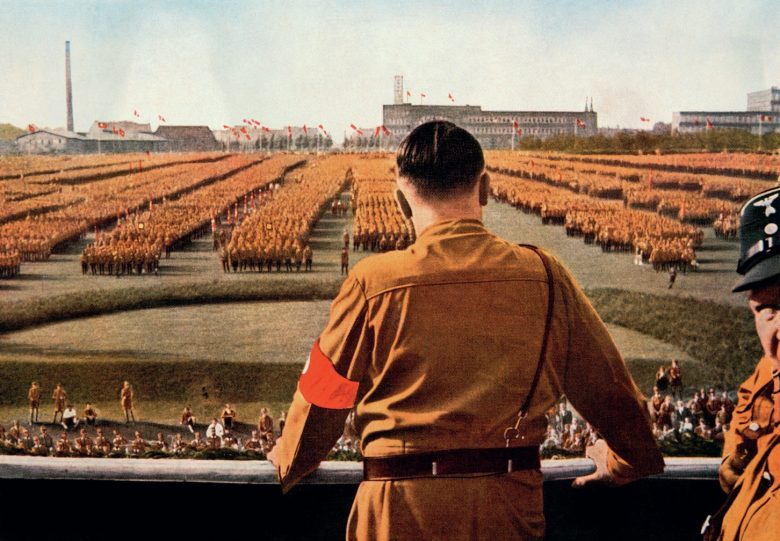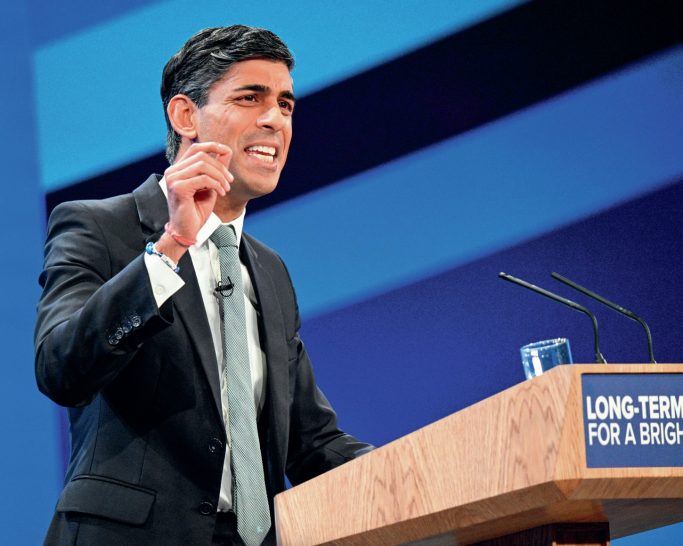
When Tony Blair’s spokesman, Alastair Campbell, said in 2003 ‘We don’t do God’, it seemed to announce a significant retreat of religion from the public sphere. The idea of God in public discourse had travelled a long way from Churchill’s invocation of ‘God’s good time’ in his ‘We will fight them on the beaches’ speech of 4 June 1940.
The march of the secular argument was apparently clear. The Enlightenment, through its embrace of science and philosophy, had displaced the superstitions of past centuries. The notion of God was reduced to mythological status and, with the birth of psychiatry, religion was basically a neurosis to be treated. Secular theory was a powerful idea, believed in by some, with a somewhat ironically religious fervour. Its key problem was that it was fundamentally wrong.
Your organisation does not have access to this article.
Sign up today to give your students the edge they need to achieve their best grades with subject expertise
Subscribe




